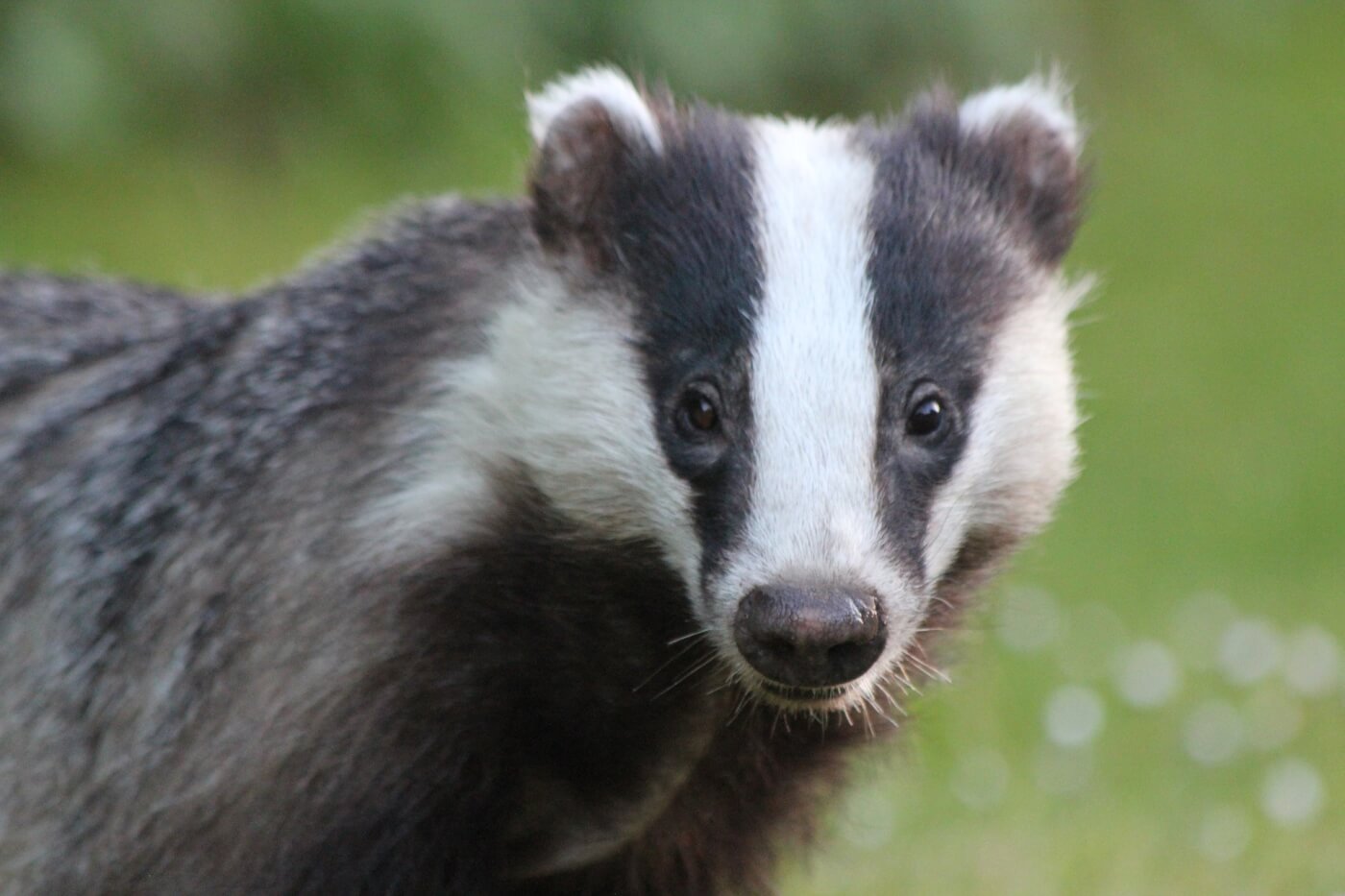L’Oréal Group Bans Animal-Hair Brushes Following PETA Asia Badger-Hair Exposé
Wonderful news! After hearing from our friends at PETA US and nearly 80,000 of their supporters, personal-care brand Baxter of California has banned badger hair. That’s not all: Baxter’s parent company, L’Oréal Group – the largest cosmetics and beauty company in the world – has banned badger, goat, and all other animal hair.
Remember: every badger-hair or goat-hair brush represents a sensitive animal who endured violence. This compassionate and forward-thinking decision by L’Oréal Group will help PETA affiliates push the beauty and art industries to embrace synthetic brushes, which don’t harm a single hair on an animal’s head.
L’Oréal Group is among nearly 100 cosmetics, paintbrush, and shaving companies around the world – including Procter & Gamble’s The Art of Shaving, Morphe, The New York Shaving Company, and Beau Brummell – that have banned badger hair with expert guidance from PETA affiliates.

Don’t Brush This Off: Here’s How Badgers and Goats Suffer
A PETA Asia investigation into China’s badger-brush industry revealed that badgers are bred or even captured in their natural homes and confined to small wire cages on filthy fur factory farms. At the end of these animals’ short, miserable lives, humans beat them and slit their throats. One badger continued to move for a full minute after his throat had been cut. After they’ve been killed, their stolen hair is used in all kinds of brushes – those for painting, applying makeup, and shaving.
An undercover PETA Asia investigation into the goat-hair industry revealed that workers castrated goats without anaesthetics, mutilated their ears with pliers that punched sharp needles through them, cut off swaths of their skin during aggressive shearing, and stitched up their wounds without using any painkillers. On farms, goats can die of exposure to the cold and rain after being shorn.
Badgers and Other Animals Need Your Help – Here’s What You Can Do
Make sure you only buy brushes made with synthetic material. There’s simply no reason to use animal-hair brushes, especially when so many high-quality synthetic brushes are readily available.








